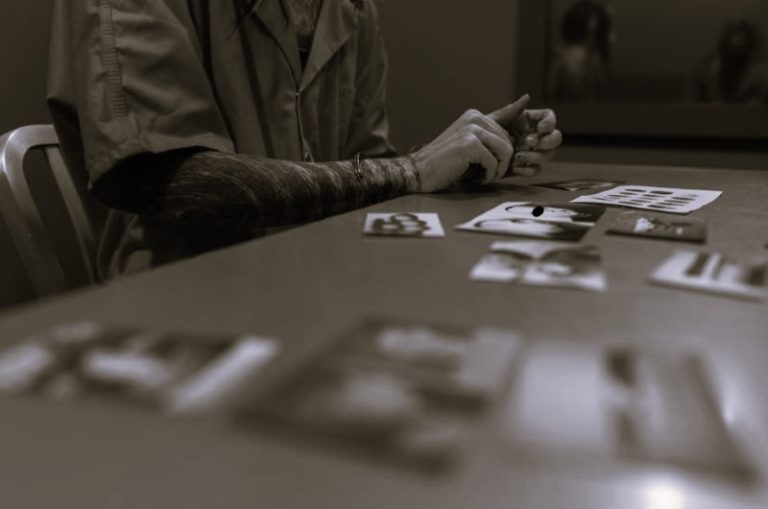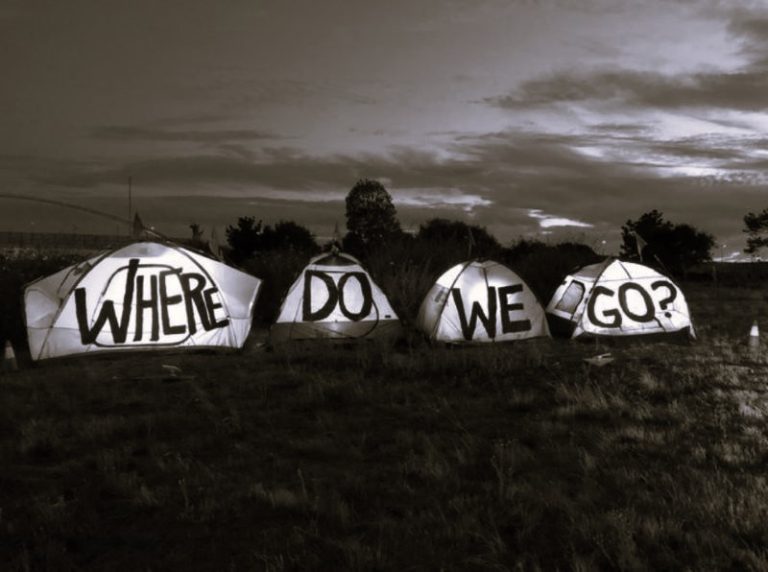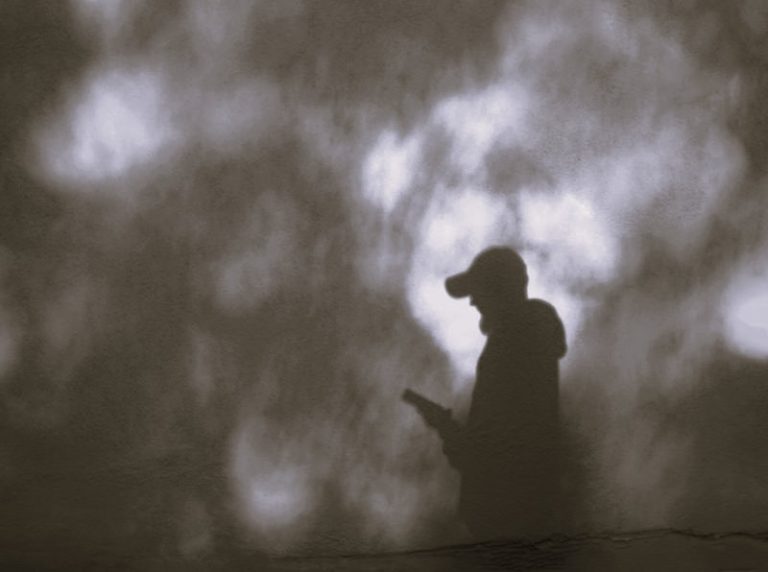

In recent years there has been a growing movement to prevent forced labor in prisons for little or no pay.

By Cara McGoogan
Reporter
The Washington Post
Breakfast at Louisiana’s state Capitol includes fresh coffee, cookies and egg sandwiches — made and served in part by incarcerated people working for no pay.
“They force us to work,” said Jonathan Archille, 29, who is among more than a dozen current and formerly incarcerated people in Louisiana who told The Washington Post they have felt like enslaved people in the state’s prison system.
Archille said prison staff had even used that term against him. “You’re a slave — that’s what they tell us,” he said. A spokesman for the Louisiana Department of Public Safety & Corrections, Ken Pastorick, said it “does not tolerate” such language and is looking into the allegation.
In the 2022 midterm elections, voters in four states approved changes to their constitutions to remove language enabling involuntary servitude as a punishment for crime — part of a larger push for change that many say is long overdue. But in Louisiana, a ballot measure that was conceived with the same goal in mind was rejected by a nearly 22-point margin.
Some observers and proponents of the Louisiana amendment attributed the result to the convoluted wording of the ballot question,which was changed to appease Republican lawmakers.Others said the measure wouldn’t have passed in its original form because the state was not ready to upend labor practices in its prisons.
“The drafting of our language didn’t turn out the way we wanted it to,” said state Rep. Edmond Jordan, a Democrat who sponsored the bill to change Louisiana’s constitution before later urging people to vote against the ballot measure that would have ratified it.
The amendments that passed in other states aren’t expected to lead to immediate, dramatic changes, which would require further legislation or legal challenges, and it’s unclear what would have happened had the more muddled Louisiana measure won approval. But the result is an unsettled debate in a state that has one of the highest incarceration rates in the country — and one that encapsulates broader themes such as race, criminal justice and the history of a country where slavery was once legal,all of which are at the center of the endeavor to revise other laws and regulations across the country.
READ ENTIRE ARTICLE AT THE WASHINGTON POST






